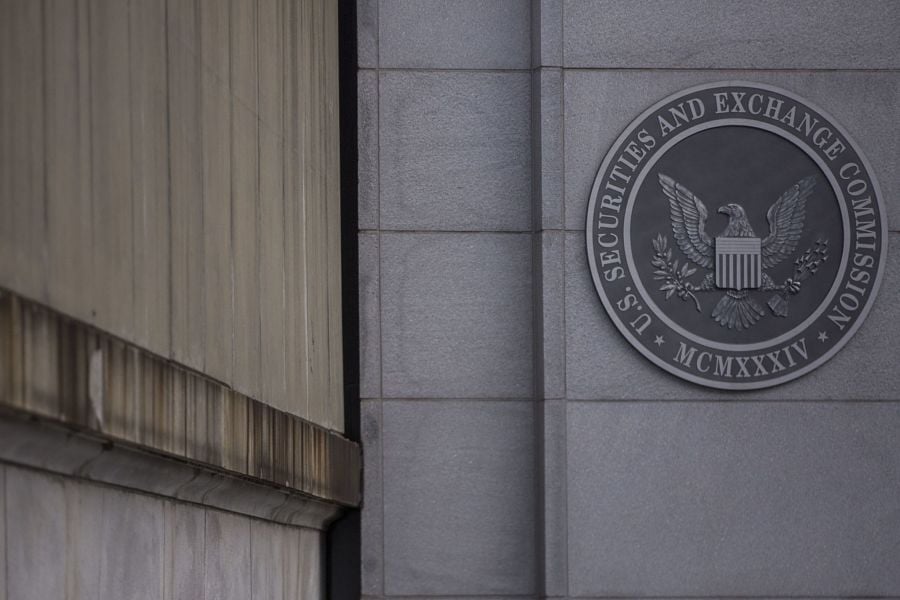

Morningstar Credit Ratings let analysts make undisclosed adjustments that resulted in higher ratings of mortgage-backed securities for issuers that paid for the rating, the Securities and Exchange Commission said in a lawsuit against the rating agency.
The SEC sued Morningstar in federal court in Manhattan Tuesday for allegedly failing to transparently explain how it rated about $30 billion in commercial mortgage-backed securities in 2015 and 2016. According to the regulator, the rating agency permitted its analysts to adjust key stresses in the model that it used in determining CMBS ratings.
Analysts frequently reduced the stress applied in the model, lowering the credit enhancement required for many of the ratings it awarded, the SEC said. This, in certain instances, benefited the issuers that paid for the ratings because it enabled them to pay lower interest, according to the suit.
“Morningstar failed to disclose that its CMBS rating methodology permitted its analysts to adjust those stresses on a ‘loan-specific’ basis,” the SEC said in the complaint. “This omission was material.”
Morningstar Credit Ratings, or MCR, hasn’t used those methods to rate CMBS transactions since 2017 and ended the practice a year later, the company said in an emailed statement.
“The SEC alleges technical violations of the rules that formerly applied to MCR when it was a credit rating agency,” the company said. “In fact, MCR complied with the regulatory requirements in question; the SEC’s position in this case is inconsistent with its own rules and the SEC’s stated policies. ”
In September, Kroll Bond Rating Agency Inc. agreed to pay more than $2 million to the SEC to settle claims that its internal controls failed to prevent inconsistencies in CMBS and collateralized loan obligation ratings.

A new proposal could end the ban on promoting client reviews in states like California and Connecticut, giving state-registered advisors a level playing field with their SEC-registered peers.

Morningstar research data show improved retirement trajectories for self-directors and allocators placed in managed accounts.

Some in the industry say that more UBS financial advisors this year will be heading for the exits.

The Wall Street giant has blasted data middlemen as digital freeloaders, but tech firms and consumer advocates are pushing back.

Research reveals a 4% year-on-year increase in expenses that one in five Americans, including one-quarter of Gen Xers, say they have not planned for.
Orion's Tom Wilson on delivering coordinated, high-touch service in a world where returns alone no longer set you apart.
Barely a decade old, registered index-linked annuities have quickly surged in popularity, thanks to their unique blend of protection and growth potential—an appealing option for investors looking to chart a steadier course through today's choppy market waters, says Myles Lambert, Brighthouse Financial.
